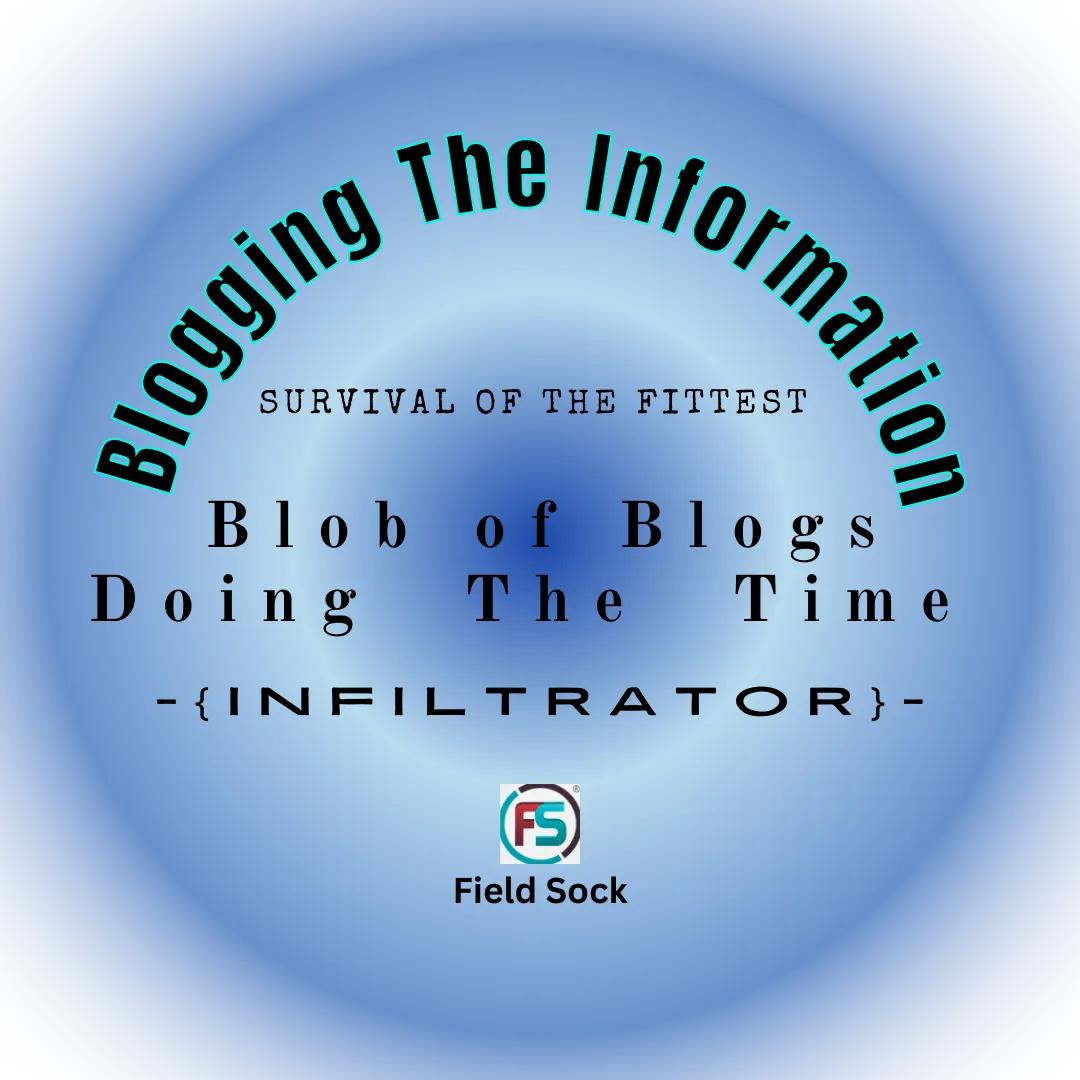The Ethics Spectrum: Exploring Different Moral Frameworks
"Discovering truth and spawning integrity in individuals" is a profound and important process that involves both personal introspection and external guidance. Integrity, at its core, is about being consistent with one's values, principles, and actions—being truthful to oneself and others. It's essential for building trust, fostering healthy relationships, and living an authentic life. Here are a few ways this process can unfold:
YOUR NOT ALONE,
Don't Believe Those Thought's, They Will Try and Isolate You.
1. Self-Awareness and Honesty
- Reflection:
Discovering truth often starts with a deep reflection on one's own beliefs, values, and actions. Individuals must confront their own biases and blind spots. This can involve asking difficult questions like, "What do I truly believe?" or "Am I being honest with myself and others?"
- Awareness of Mistakes:
To spawn integrity, individuals must also acknowledge their mistakes and weaknesses. Integrity doesn’t mean being perfect; it means taking responsibility for actions, learning from them, and striving to do better.
2. Developing Ethical Frameworks
- Core Values:
Integrity is anchored in a person’s core values—such as honesty, fairness, compassion, and accountability. Discovering one's truth involves identifying and clarifying these values.
- Decision-Making:
Integrity manifests in making choices that align with these values, even when it’s difficult or unpopular. Ethical frameworks, such as utilitarianism or deontological ethics, can guide decisions to ensure that actions reflect one's deeper commitments.
3. External Influences and Role Models
- Mentorship:
A mentor or role model can play a significant role in guiding an individual towards integrity. Seeing someone embody honesty and ethical behavior provides both inspiration and practical examples of how to live with integrity
- Community Support:
Surrounding oneself with a supportive community of like-minded individuals who value truth and integrity can create a sense of accountability. Communities can provide guidance, challenge one’s assumptions, and encourage growth.
4. Embracing Vulnerability
- Openness:
Integrity often requires a willingness to be vulnerable—acknowledging weaknesses, uncertainties, and imperfections. When individuals allow themselves to be transparent and open about who they are, they create space for genuine connection and understanding.
- Courage:
Discovering truth can sometimes require courage, especially when it involves difficult truths about oneself or others. It takes bravery to speak out against injustice, admit wrongdoing, or confront uncomfortable realities.
5. Action and Consistency
- Living the Truth:
Integrity is not just about understanding what is right; it's about doing what is right. Living consistently with one's values and beliefs in all areas of life—personal, professional, and social—reinforces the development of integrity.
- Resilience:
There will be setbacks, temptations, or moments when it’s easier to compromise. However, integrity requires the resilience to stay aligned with one’s values even in challenging circumstances.
6. Forgiveness and Growth
- Learning from Mistakes:
No one is perfect, and integrity does not mean avoiding mistakes. It means owning them, learning from them, and working to correct them. Forgiving oneself for lapses in integrity, while striving to improve, is an essential part of growth.
- Constructive Accountability:
Encouraging a culture of accountability in relationships, organizations, or communities helps foster integrity. When individuals are held accountable in a constructive manner, it reinforces the importance of truthfulness and moral responsibility.
7. Impact On Society
- Modeling Integrity:
As individuals cultivate integrity in their lives, they can have a positive influence on those around them, whether in the family, workplace, or society at large. Integrity is contagious, and when people see others acting with honesty and consistency, they may be inspired to do the same.
- Creating Ethical Systems:
On a larger scale, the discovery of truth and the cultivation of integrity can lead to more ethical systems—whether in governance, education, or business. Individuals committed to truth and integrity can drive societal change that prioritizes justice and fairness.
Conclusion
In conclusion:
the journey of discovering truth and cultivating integrity is not an isolated process but one that requires self-awareness, external guidance, and consistent action. As individuals navigate their own beliefs and values, the path to integrity is illuminated by reflection, vulnerability, and a commitment to personal growth. Through mentorship, community support, and embracing ethical frameworks, individuals can foster a life that is true to their values and principles.
Remember:
you're not alone on this journey. Though negative thoughts may attempt to isolate and discourage you, they are not your truth. With patience, courage, and the willingness to learn from mistakes, integrity can be nurtured in each of us. By living authentically and modeling these values, we create not only stronger relationships but a society that thrives on trust, honesty, and accountability. Your commitment to personal integrity has the power to inspire others and to transform both your own life and the world around you.
Author: GoldWiz










